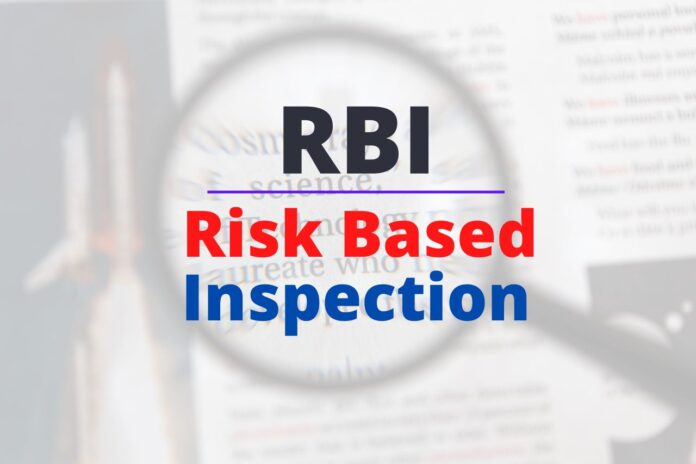Last Updated on August 11, 2024 by The Health Master
Pharma Industry
The Central Drugs Standard Control Organisation (CDSCO) in collaboration with State Drug Controllers (SDCs) has intensified its crackdown on pharma industry that fail to meet quality standards.
In a recent announcement, Chemical and Fertilizers Minister Jagat Prakash Nadda revealed that over 300 enforcement actions have been taken against drug manufacturing facilities following inspections of 400 units across India.
A Focus on Quality Assurance
The CDSCO, in collaboration with SDCs, has implemented a risk-based inspection (RBI) strategy to identify potential quality issues.
This approach involves prioritizing facilities with a history of producing Not of Standard Quality (NQS) drugs, those facing consumer complaints, and those manufacturing critical medications.
“Our goal is to ensure that every drug available in the market meets the highest quality standards,” said Minister Nadda.
“We are leaving no stone unturned in our efforts to protect public health.”
Stricter Penalties for Drug Quality Violations
To deter violations, the government has significantly toughened penalties for drug manufacturers.
The Drugs and Cosmetics (Amendment) Act of 2008 introduced stricter punishments for producing counterfeit and adulterated drugs.
These offenses are now considered non-bailable, and special courts have been established to expedite legal proceedings.
Strengthening Regulatory Oversight
The CDSCO has also bolstered its regulatory capabilities by increasing the number of sanctioned posts in the past decade.
Additionally, new regulations have been implemented to enhance drug quality control.
- Mandatory Bioequivalence Studies: Drug manufacturers must now submit bioequivalence study results for certain oral dosage forms.
- Joint Inspections: Central and state drug inspectors will conduct joint inspections before issuing manufacturing licenses.
- Revised Good Manufacturing Practices (GMP): The updated Schedule M outlines stringent GMP and Quality Management System (QMS) requirements for pharma industry.
These measures underscore the government’s commitment to ensuring the safety and efficacy of drugs available to the Indian public.
By taking a proactive approach to drug quality control, the CDSCO aims to build a robust and trustworthy pharma industry.
Disclaimer: This article contains information derived from the source mentioned below. Our team utilized an AI language model to rewrite and present the news or article in a unique format.
Key Notes on Revised Schedule M: Compilation
Important short notes for Industry and Regulators
CDSCO Guidelines on Drug Recall
Quality Assurance Vs Quality Control in the Pharma Industry
Major FDA audit findings about Equipment and Instruments
Understanding GMP, cGMP, and WHO-GMP
Quality Assurance in the Pharmaceutical Industry
Duties and responsibilities of QA person in Pharma Industry
Difference: Disintegration and Dissolution test in pharma industry
Understanding DQ, IQ, PQ, and OQ in the Pharma Industry
How the NPPA Regulates Medicine Prices in India
India seeks new Head for Drug Regulators CDSCO
Jyoti Sardesai a veteran Administrator retires after Four Decades of Service
India to ease Rules for import of EU Approved Medical Devices
CDSCO to accept Foreign Toxicity Data for Drug Approval
DCOIWA gears up for 2nd Annual Congress
Govt to take action on Lookalike Brand Name of Drugs
Govt recovers Crores from Pharma Companies overcharging for Medicines
USFDA approval granted for drug against Baldness
Pharma Industry seeks relief from Sudden Price Changes of medicines









